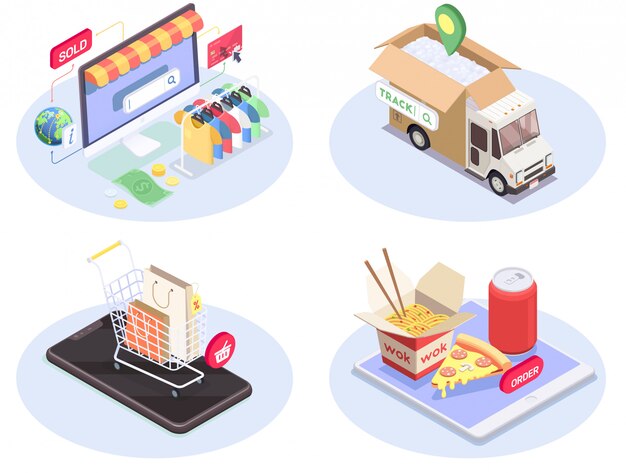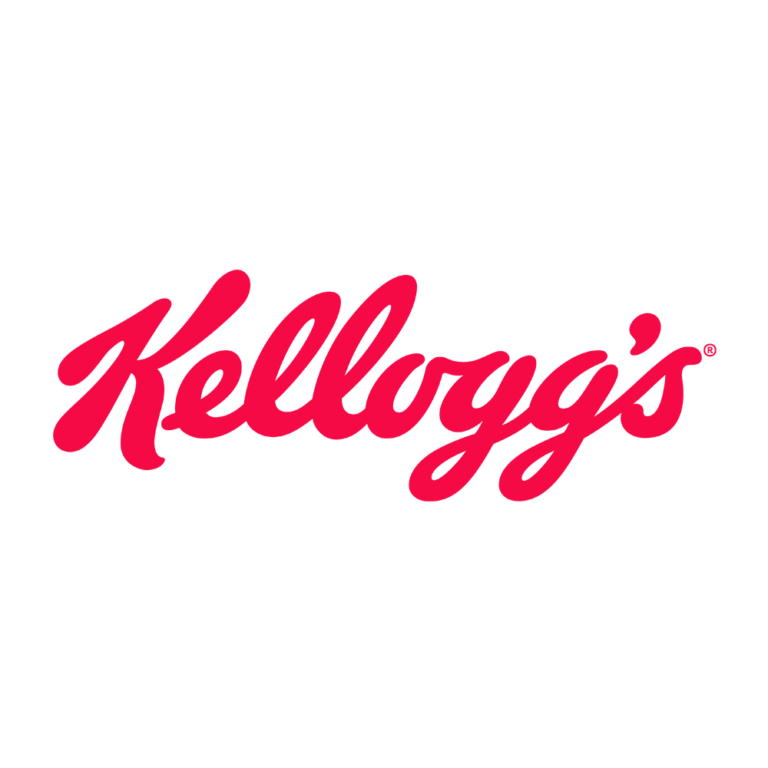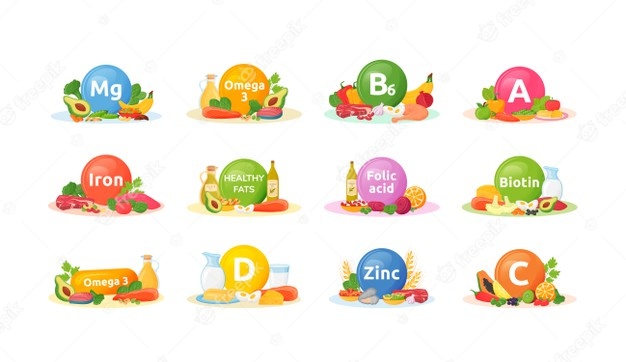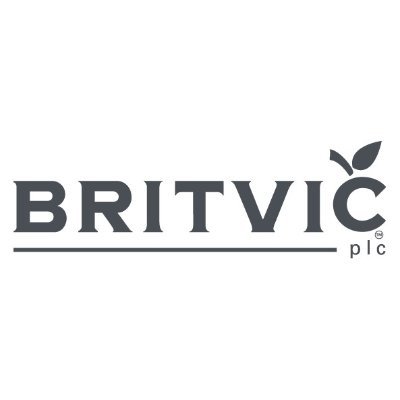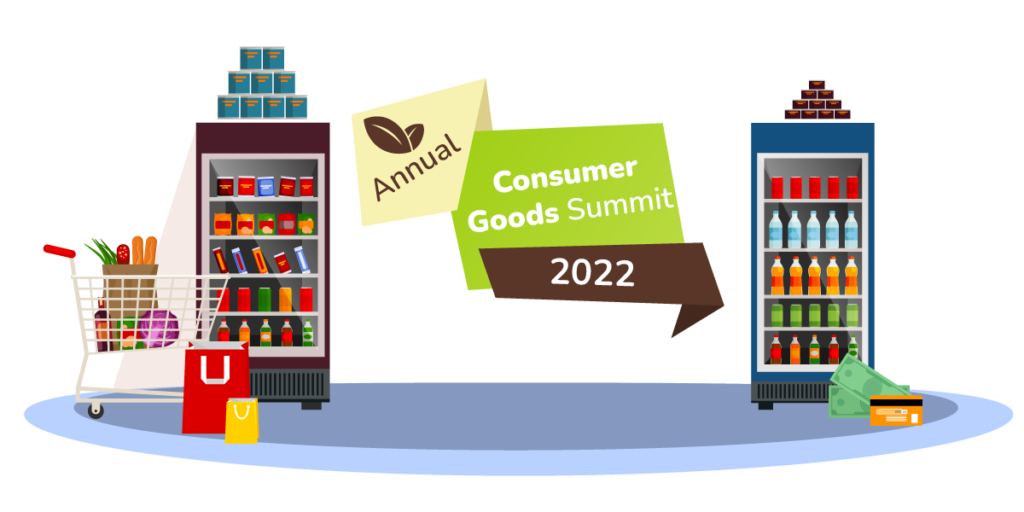
Watson entered into the GCC region with its first store opened in Qatar
Watson has expanded its reach in the GCC region by opening its first outlet in Doha Festival City, Qatar. The store covers an area of 3000 square feet, incorporating a zone for Natural and Clean Beauty offering sustainable products to shoppers. The store aims to launch fashionable, affordable, and sustainable beauty products to the consumers of the GCC region. After the launch of the store in Qatar, the brand plans to expand its reach in Dubai Mall, Dubai Festival City, Mall of the Emirates and Al Wahda Mall in the United Arab Emirates, and Mall of Dhahran in the Kingdom of Saudi Arabia. Read more from Retailasia

